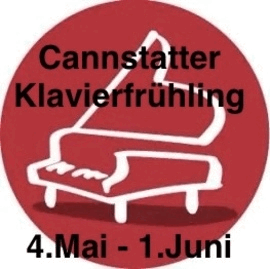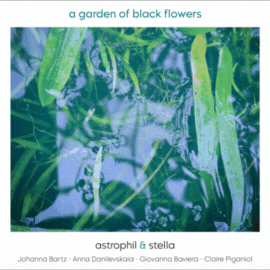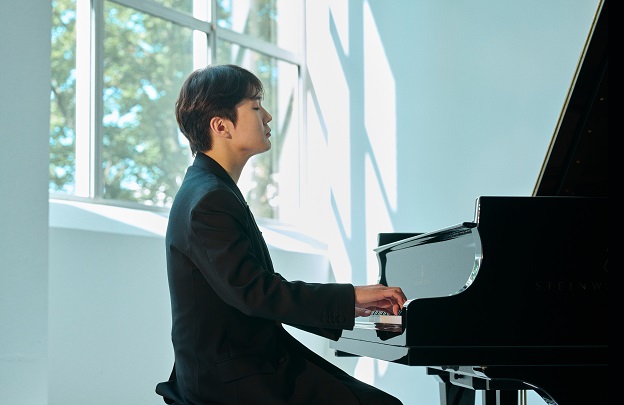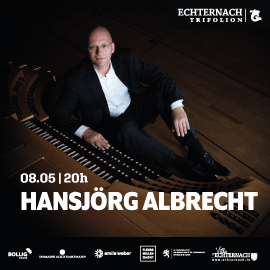Many Korean pianists study in Germany. You choose France and the Conservatoire de Paris. Why?
I wouldn’t say it was a conscious decision to avoid studying in Germany. I live in Berlin now and of course Germany is a wonderful place especially for classical musicians. I was always naturally drawn to French music and culture and I found Paris to be a wonderful city to further my studies. Especially with my teacher, Michel Beroff.
As a Korean pianist, you have no roots in Europe. Yet, as so many Koreans you deal easily with European music. What do you have to pay attention to?
I feel that classical music has become quite the focus in Korea over the past decades. The classical concert audiences in Korea are filled with young enthusiastic concert goers, many of whom go as far as studying the scores prior to each performance. We also have wonderful teachers, amongst them top international artists, that guide young musicians and open up their perspective beyond their cultural heritage. What I think is the most important aspect about diving into Western classical music in general, is to be open-minded, curious and adventurous – no matter where you grew up.
In which sense is your Korean background important for you?
As with any culture, having multiple cultural backgrounds perhaps allows different perspectives in everything, including classical music. In Korea, we strongly believe in tradition, family, heritage – I can transport these values into my daily business, into my work ethic as well. But to be honest: When I perform, I don’t think about my Korean background. I strongly believe that music is a universal language.
What is most striking difference between the musical life in your native Korea and the one you experience in Europe?
There is so much tradition that is easy accessible in Europe as a classical pianist and it’s interesting to explore the journeys and physical locations of composers I greatly admire. To study in the same city where artists like Ravel, Chopin, Liszt, Rameau, Saint-Saëns roamed the streets, or to live in Berlin, which was home to Mendelssohn, Strauss or Schönberg is invigorating. And to be able to play in venues that were already hosting their concerts or saw the premiere of their compositions is simply marvelous.
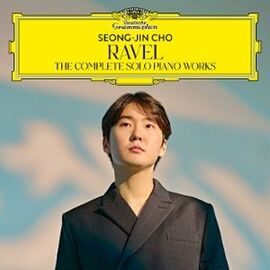 Now, let us speak about Ravel. What does this composer mean to you?
Now, let us speak about Ravel. What does this composer mean to you?
Ravel was one of the composers that I embraced when I came to France – in sense, he was the composer that welcomed me to my life in Europe. He was a perfectionist but also somewhat conservative so it is always interesting to explore this diversity in his pieces. Additionally, I find his music rather nostalgic as well. It is always fun to explore different aspects of a piece especially when I return to them years later.
What are the main challenges in performing Ravel’s music?
This is hard to answer, but I would say that the biggest challenge is finding the right tone for his music. Much of Ravel’s piano music is composed like his orchestral works with vibrant colors, changing characters and surprising twists and turns while being philosophical and thoughtful at the same time. To transfer this kind of music from a full orchestra to only one piano is the real challenge of playing his music and takes not only meticulous work on details but also a great amount of courage – and of course joy!




